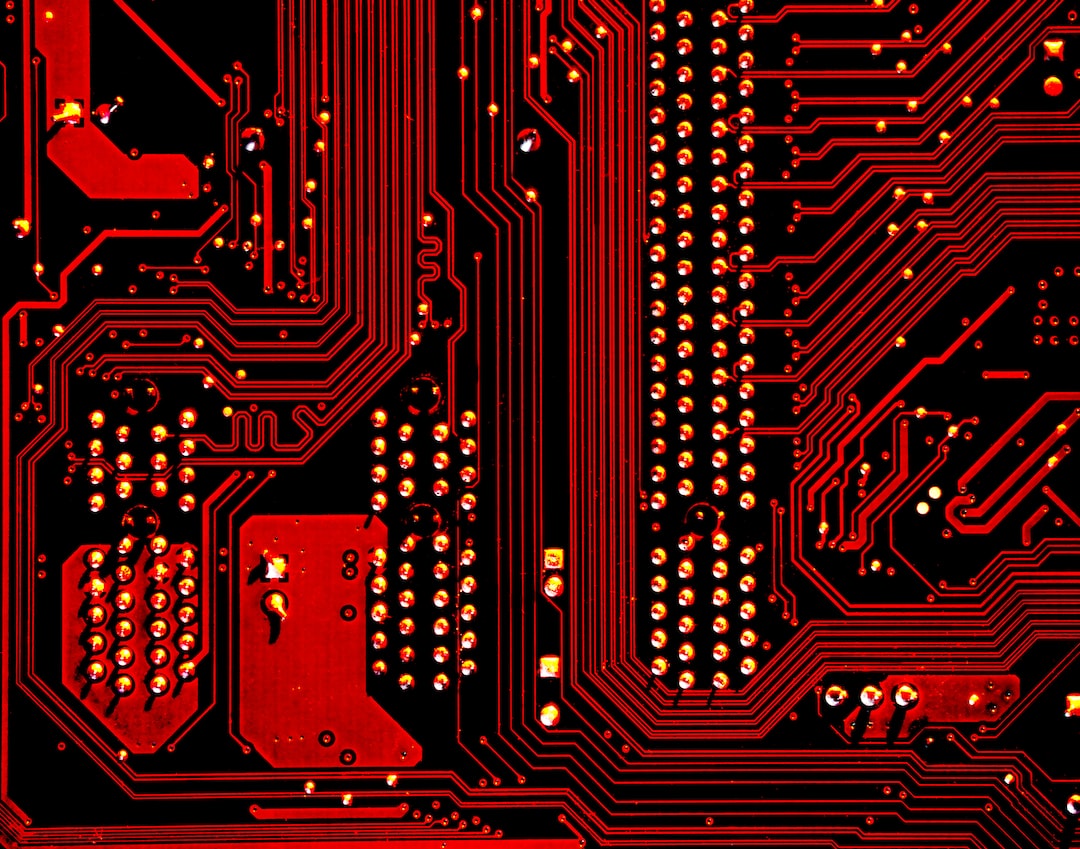Exploring the World of Blockchain Technology: Beyond Cryptocurrency
As the world evolves and technology continues to advance rapidly, new innovative solutions emerge to reshape various industries. One such groundbreaking technology that has gained significant attention, beyond the realm of cryptocurrency, is blockchain. Though initially introduced as the underlying technology for digital currencies like Bitcoin, blockchain has now expanded its horizons to revolutionize various sectors, promising speed, security, and transparency. This blog post delves into the world of blockchain technology, exploring its potential beyond cryptocurrency.
Understanding Blockchain Technology
To truly appreciate the potential of blockchain technology, it is essential to understand its basic principles as a decentralized and distributed ledger system. At its core, a blockchain is a chain of data blocks, where each block contains certain data along with a unique identifier called a hash. These blocks are then linked together using cryptographic principles, creating a transparent and tamper-proof record.
Blockchain technology relies on a network of computers, often referred to as nodes, that collaboratively validate and authenticate transactions or data. Consensus algorithms, such as proof-of-work or proof-of-stake, ensure that the majority of the nodes agree on the authenticity and integrity of the data. This decentralized nature eliminates the need for intermediaries, such as banks or financial institutions, as trust is built into the technology itself.
Blockchain Beyond Cryptocurrency
While cryptocurrency is undoubtedly the most prominent application of blockchain technology, its potential extends far beyond digital currencies. Here are some of the domains where blockchain is making significant strides:
1. Supply Chain Management: The supply chain industry is riddled with inefficiencies and challenges, such as lack of transparency, counterfeit products, and lengthy paperwork. Blockchain technology offers a solution by providing real-time visibility into the entire supply chain process. With an immutable record of each transaction, from sourcing to delivery, blockchain eliminates the possibility of fraud or tampering, ensuring authenticity and traceability.
2. Healthcare: Medical records, patient consent, and pharmaceutical supply chains are areas where blockchain is being leveraged to enhance security and privacy. By storing medical data on a blockchain, patients can have greater control over their records, granting access to healthcare providers as needed. This eliminates the need for redundant paperwork and ensures accurate and seamless transfer of information between healthcare providers.
3. Voting Systems: Blockchain has the potential to revolutionize voting systems across the globe. The technology’s decentralized nature and immutability make it an ideal solution to address challenges such as voter fraud and tampering. By using blockchain for voting, governments can ensure transparent and secure elections, thus enhancing trust and democracy.
4. Intellectual Property Protection: Artists, musicians, and content creators often struggle with intellectual property theft. Blockchain technology provides an innovative solution by enabling the creation of immutable records of ownership and copyright. This creates a transparent and traceable system for artists to protect their intellectual property rights without relying on intermediaries.
5. Energy Sector: The energy sector is gradually embracing blockchain technology to facilitate the efficient and secure transfer of energy. By automating and decentralizing energy transactions, blockchain can enable peer-to-peer energy trading, enhance grid management, and reduce energy waste. This paves the way for a more sustainable and decentralized energy system.
Conclusion
Blockchain technology has come a long way since its inception with the rise of Bitcoin. While cryptocurrency remains a significant application, blockchain’s true potential lies in its ability to transform various industries. From supply chain management to healthcare and voting, blockchain offers transparency, security, and efficiency that were previously unattainable. As the technology continues to advance and evolve, we can expect to see more industries embracing blockchain, ultimately reshaping the way we conduct business and interact with each other. The future of blockchain is indeed promising, beyond the realm of cryptocurrency.
